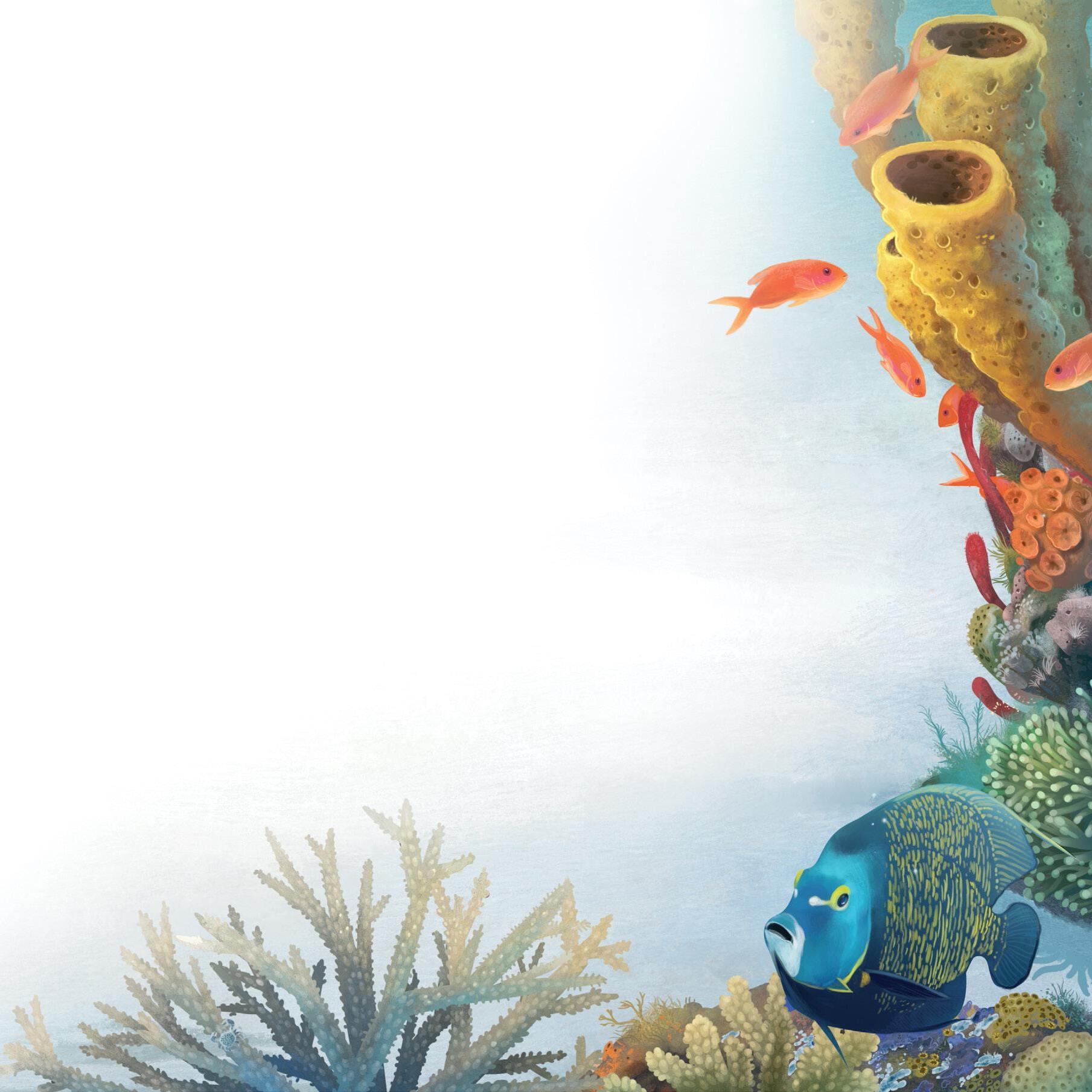Diving into the Great Minds® Approach:


Diving into the Great Minds® Approach:

How was school today?
Fine.
What did you learn?
Chances are, if you are a parent or caregiver, you’ve experienced this type of conversation.
It is likely not what you hope to hear.
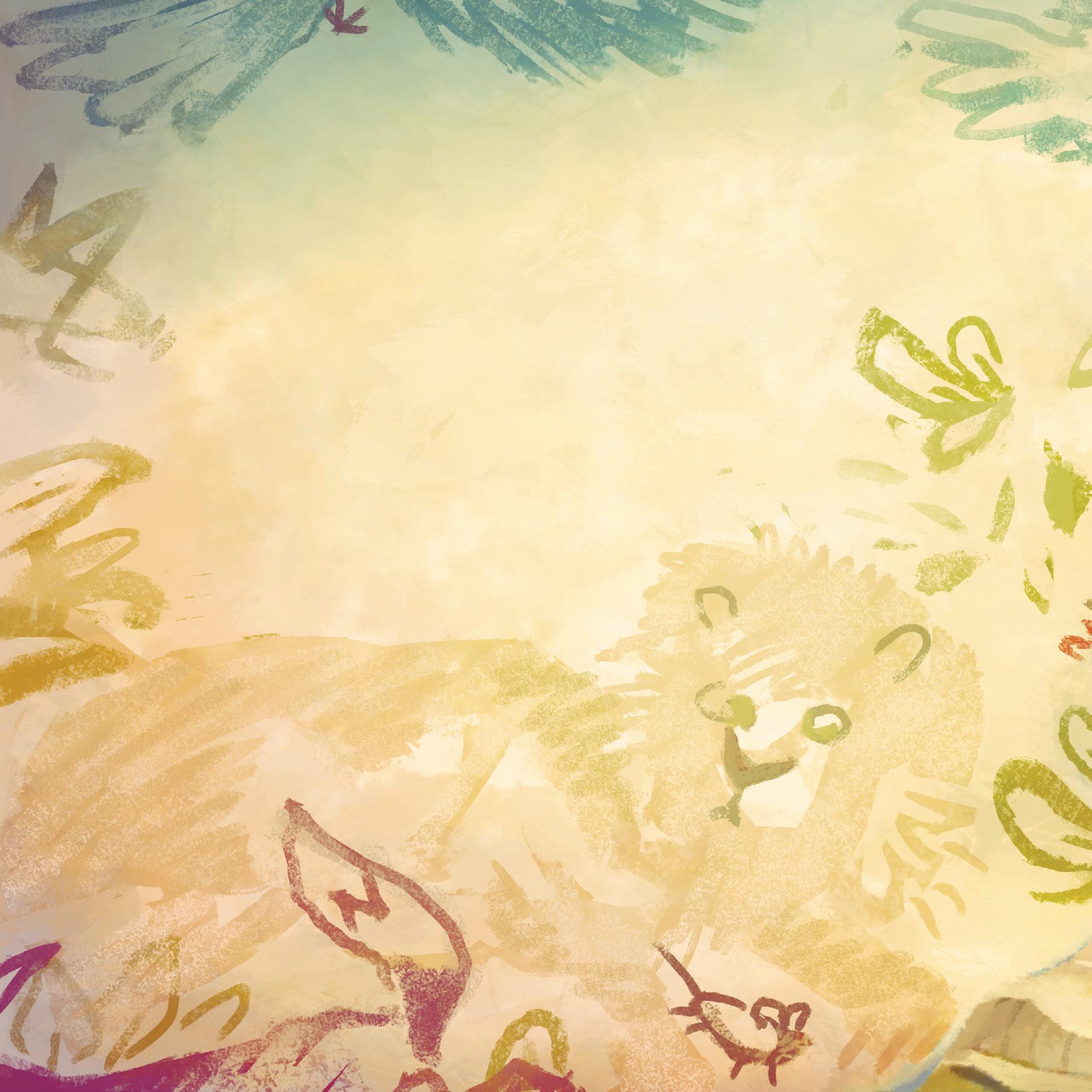
Instead, imagine a student responding to “What did you learn at school?” like this:
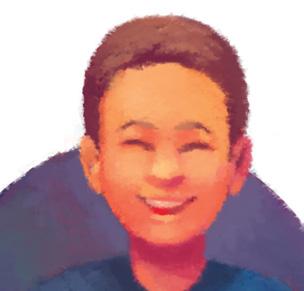

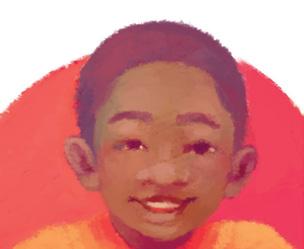
I can use my sense of hearing to listen to music on the radio!
The Himalayan Mountains are the tallest in the world! You need an oxygen tank to climb them!
We studied advertisements today in English class. Have you ever throught about how they try to persuade us?
their learning?
What might help students share more ofKindergarten student Grade 4 student Grade 7 student
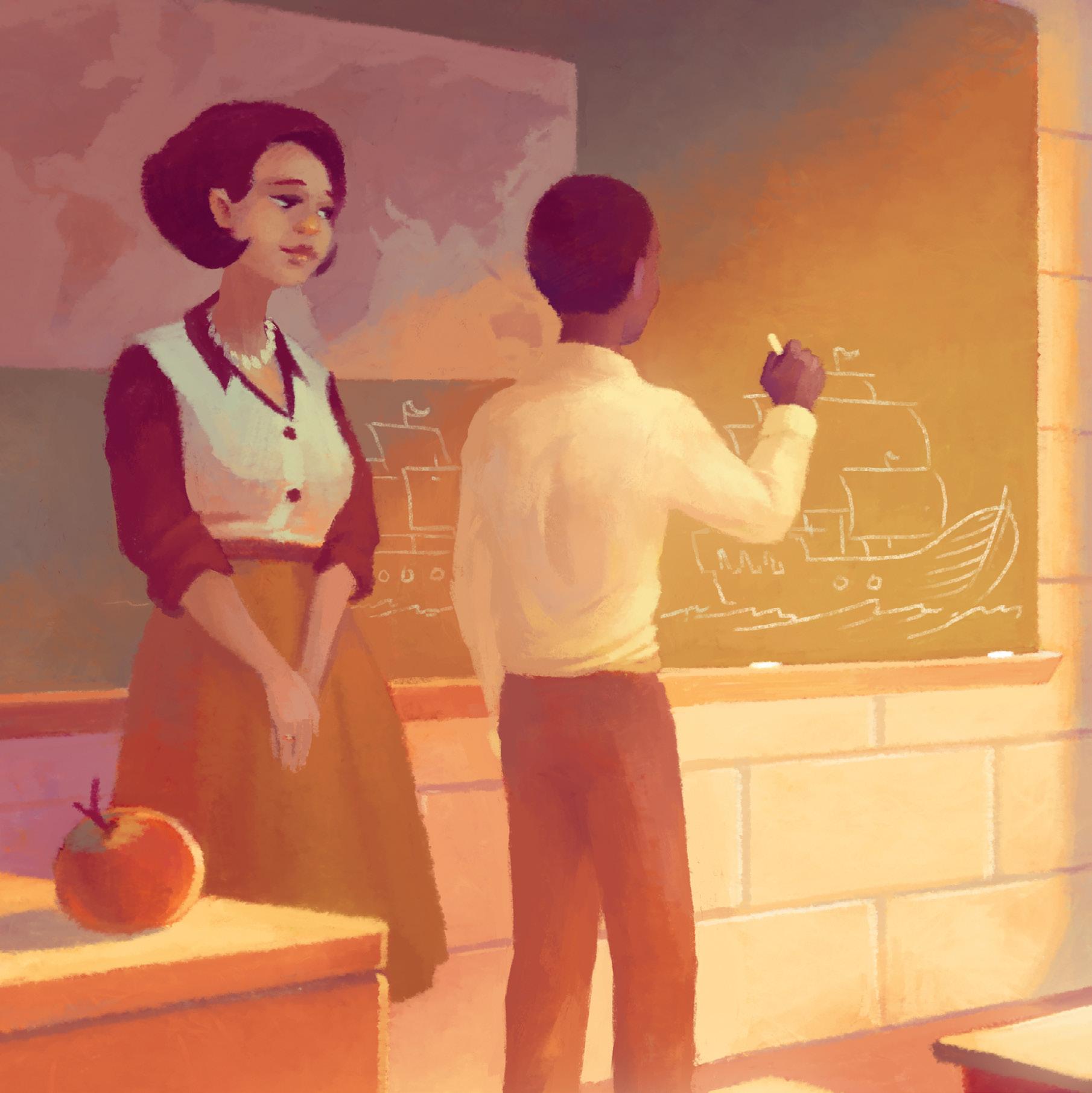
Building knowledge is critical to literacy success.
Families, caretakers, and teachers share the same goals: Everyone wants all students to be engaged and excited about learning. In school, students should feel empowered to build the knowledge and skills they need to pursue their dreams and passions.
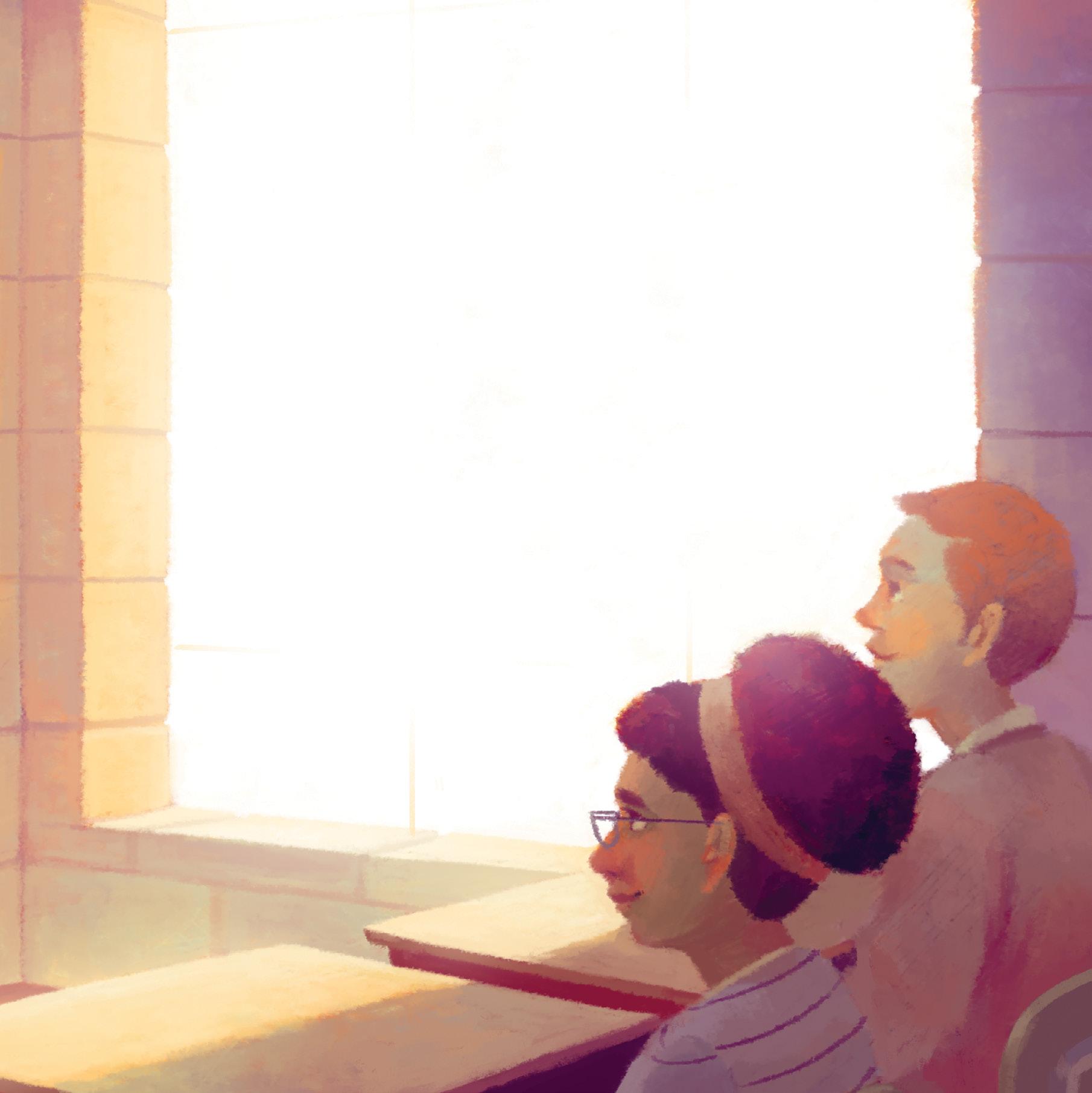
Strong reading, writing, and communication skills are essential. In school, students build these skills in the English language arts (ELA) classroom. Students learn to read, write, and communicate by reading, writing, and communicating. But students cannot practice these skills on their own. They must read, write, and communicate about something.
Building students’ knowledge has many benefits when it comes to reading, writing, and communicating. The science of reading research tells us that when ELA teachers build students’ knowledge, they build students’ literacy. Let’s look at how.
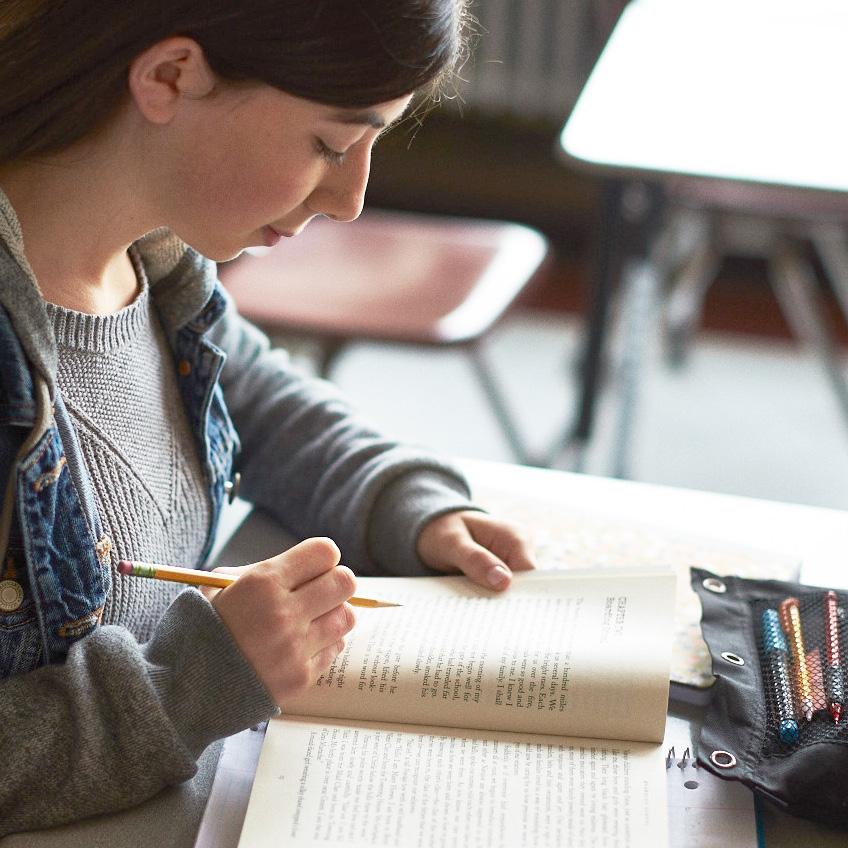
Reading a set of texts on a topic...
...builds knowledge.
...builds vocabulary.
With more knowledge and vocabulary, students read more complex texts.
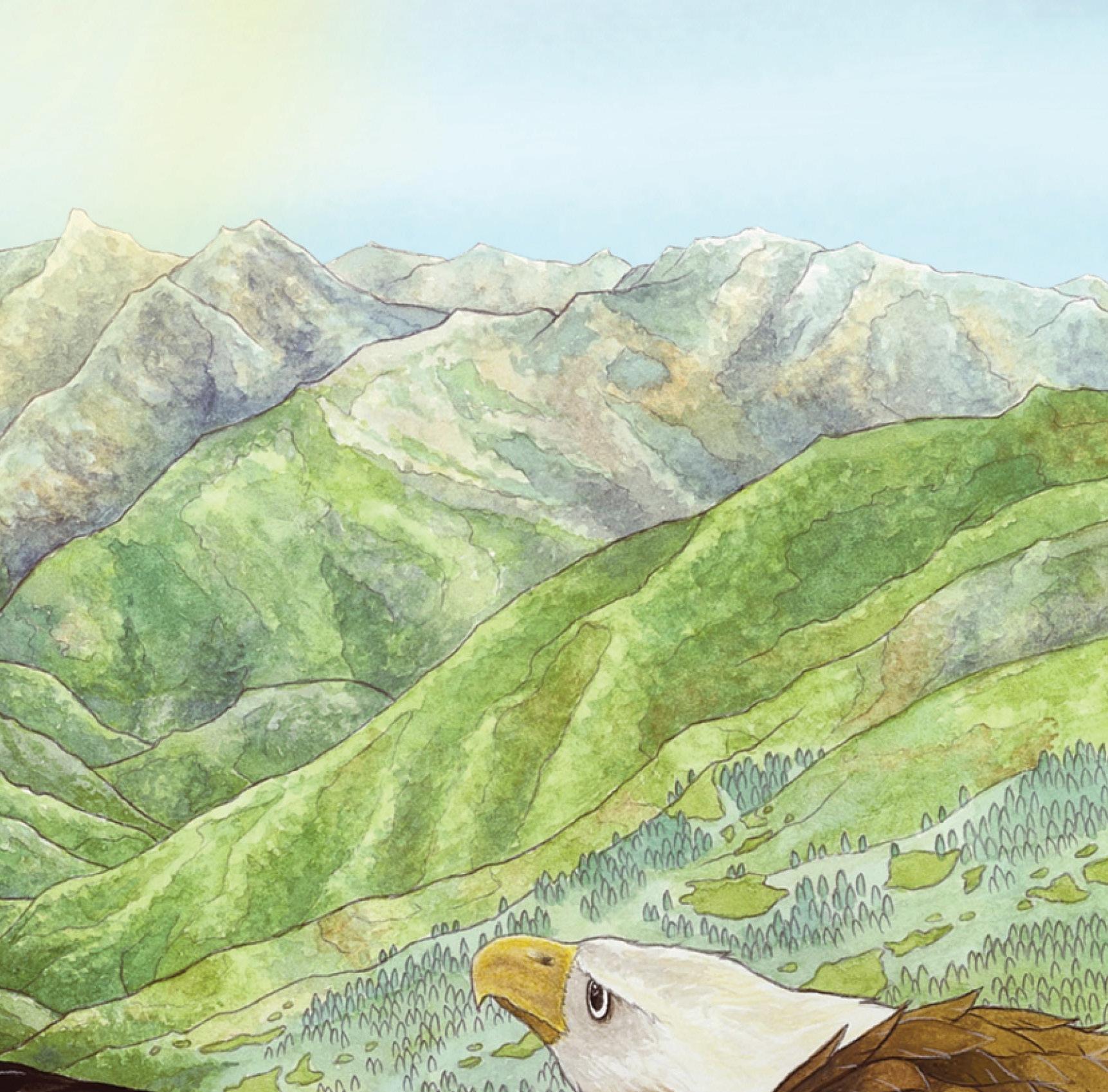
As students read more complex texts, they have ideas to write about and the knowledge and vocabulary to write about those ideas.
This helps students become better writers and grapple with increasingly complex texts.
“Students with more knowledge have a better chance of understanding whatever text they encounter. They’re able to retrieve more information about the topic from long-term memory, leaving more space in working memory for comprehension. They’re also better able to absorb and retain information, because knowledge—like Velcro—sticks best to other related knowledge.
– Natalie Wexler, Author of The Knowledge GapTo learn anything, students make connections with what they already know. Reading one book on a topic prepares them to read a second, more complex book on that topic.
That’s why research focuses on the importance of building knowledge while building reading skills. When students bring their prior knowledge to a challenging new text, they use that knowledge to tackle new vocabulary, make meaning of what they’re reading, and critically analyze more advanced texts.


Not every word is teachable. In fact, most vocabulary comes from reading and listening. When reading about one topic, students have many opportunities to read new words multiple times.
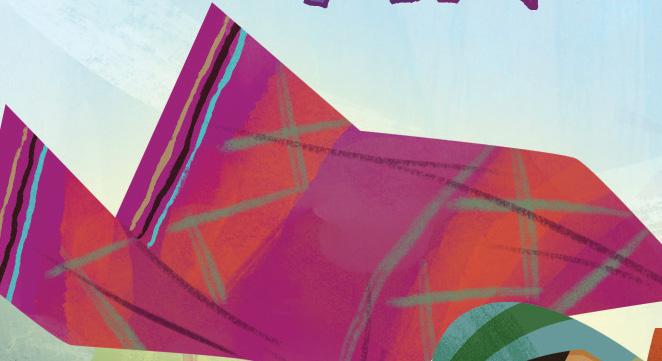
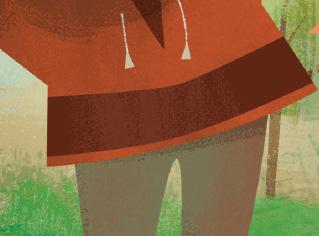
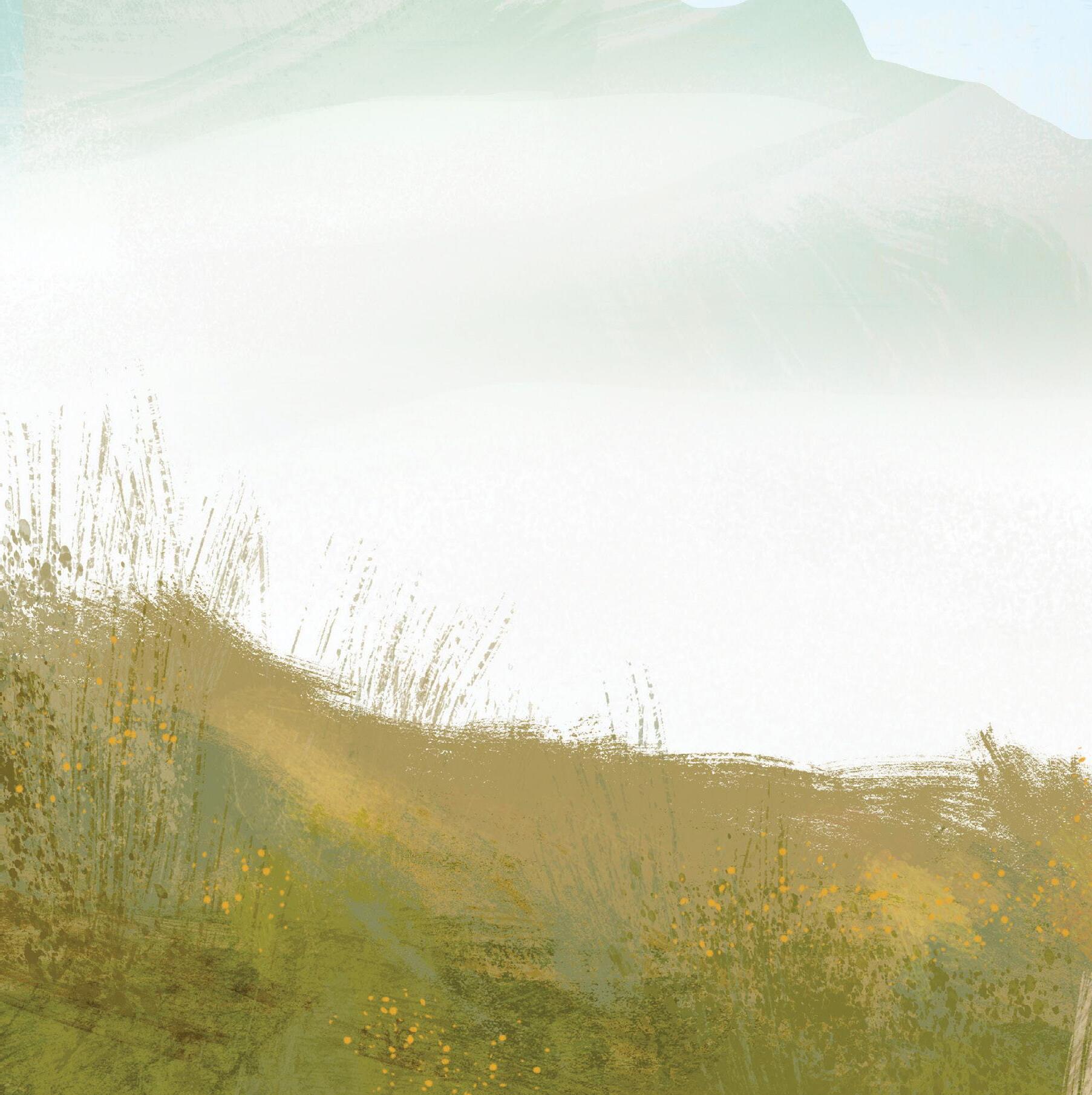
When students talk about what they are learning, they use those same words in conversation. Reading and talking about texts on a topic helps students learn new words.


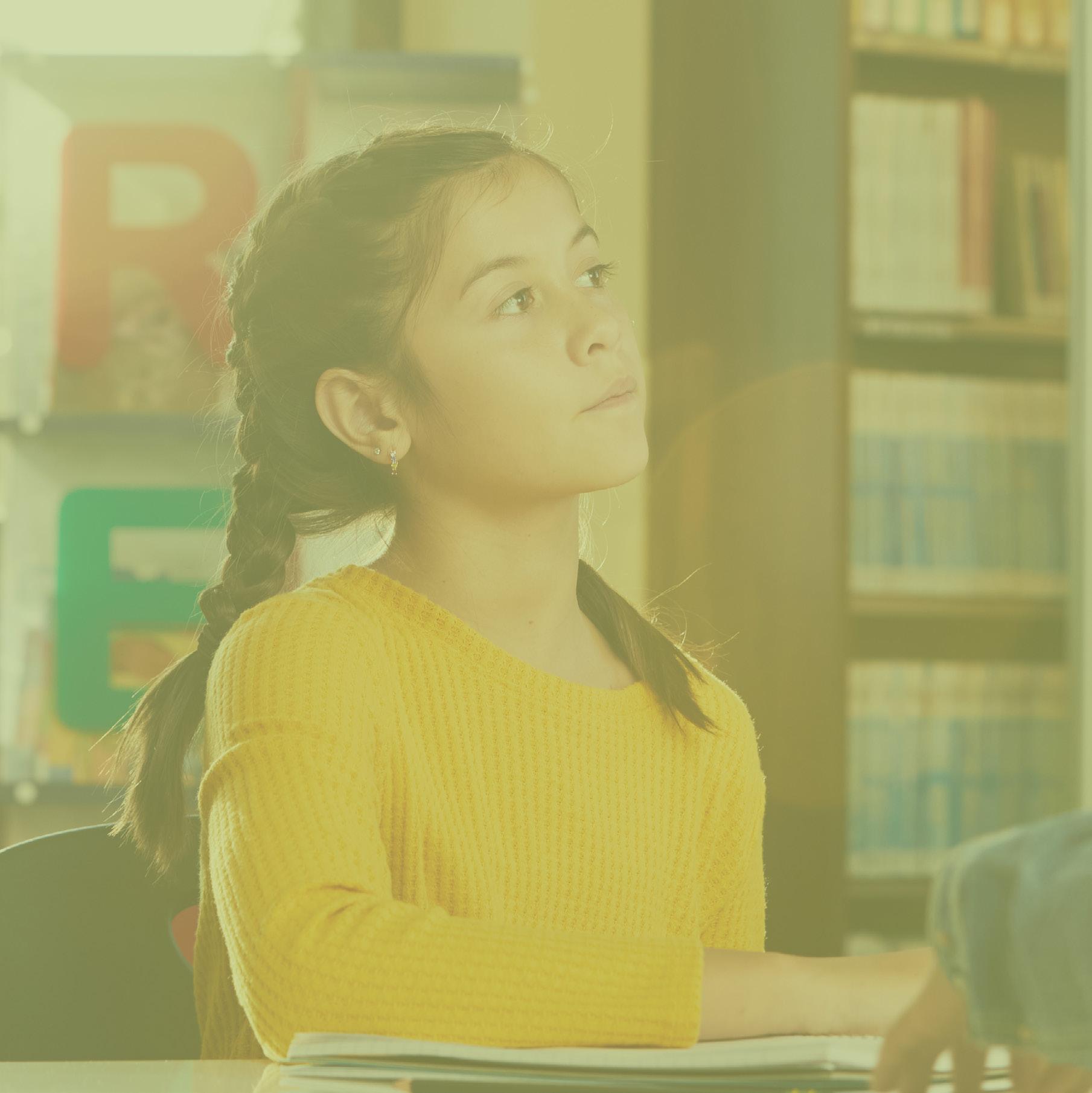


Reading about something students do not know much about is more challenging than reading about a familiar topic. Because knowledge helps readers understand texts, it is helpful for students to study a topic in depth.
As students learn more about the topic, they can read increasingly difficult texts that explore different elements of the subject—and discover related topics.
Students benefit from reading a variety of texts— informational books, novels, picture books, poetry, mythology, news articles, speeches, charts, graphs, film clips, and fine art—that are all organized around a focused topic and build in complexity as their knowledge of the topic grows.
Students improve their writing by both writing to learn and learning to write. When students know more about a topic, they can produce longer, more thoughtful pieces. With a knowledge-building curriculum, students can focus their attention on improving writing skills because they are not worried about what they want to say.
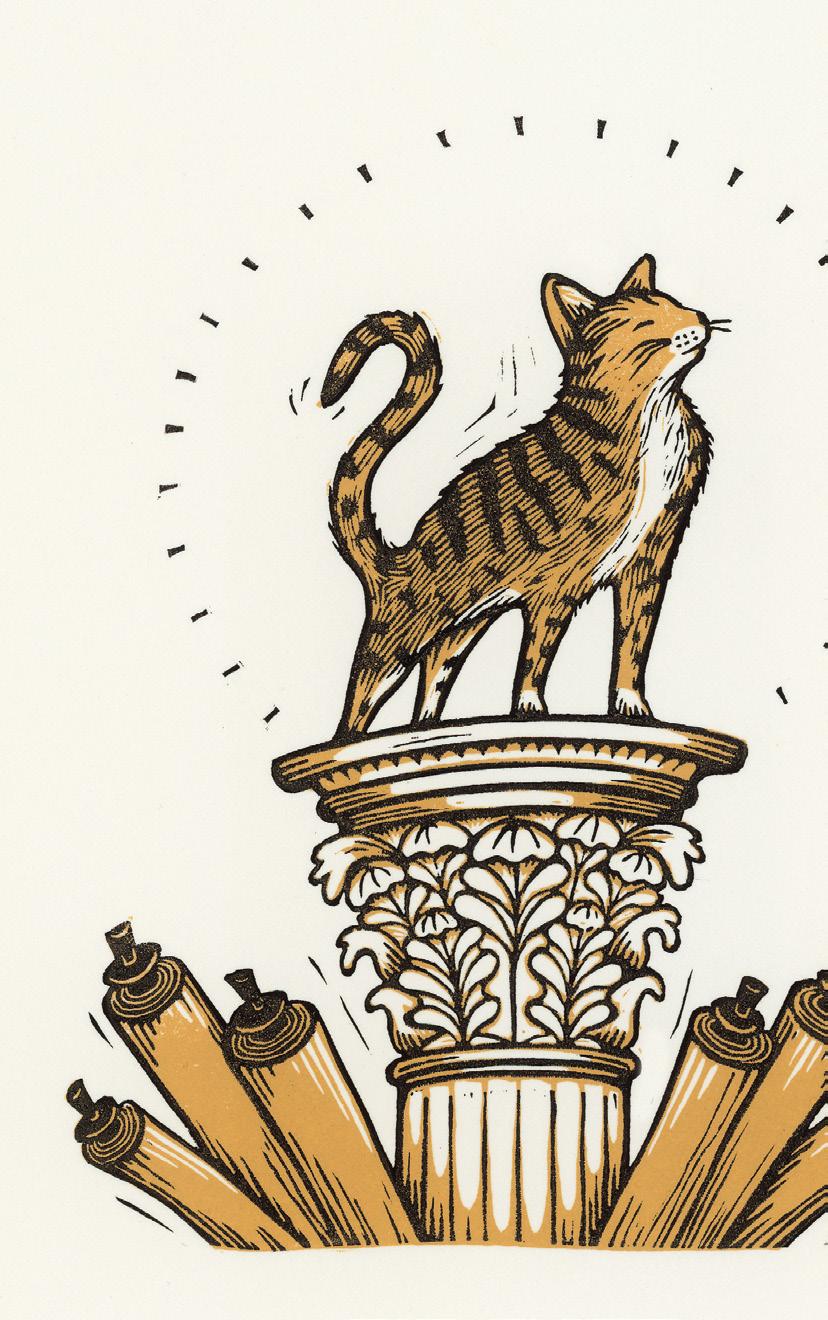

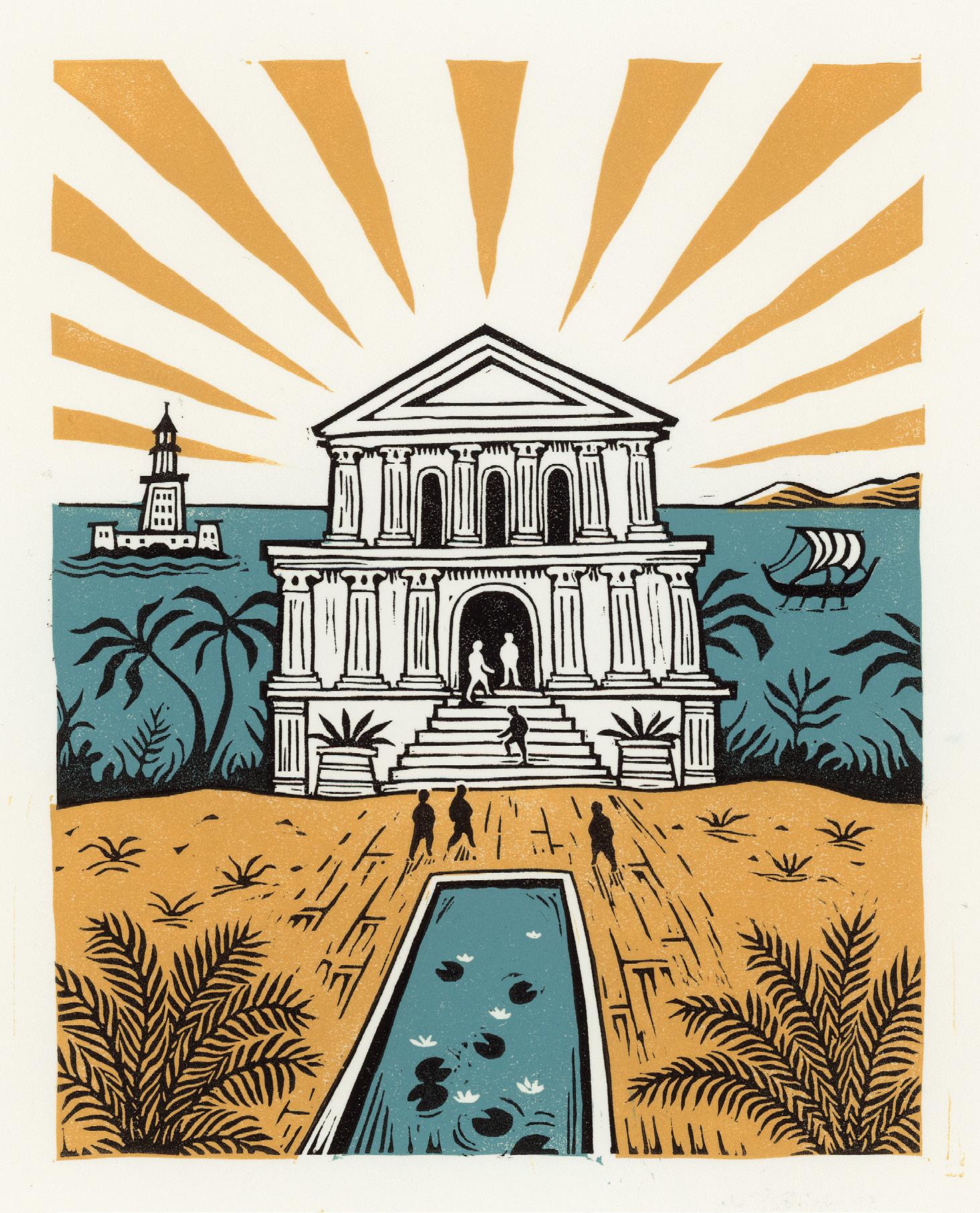
All students, especially diverse learners, should have access to knowledge-building grade-level texts. This includes multilingual learners, who often need additional language support. With a high-quality curriculum, students engage in rich conversations with their peers about language, including the meaning of words and word parts. When students struggle with the English language, high-quality instructional materials provide teachers with options for additional support.
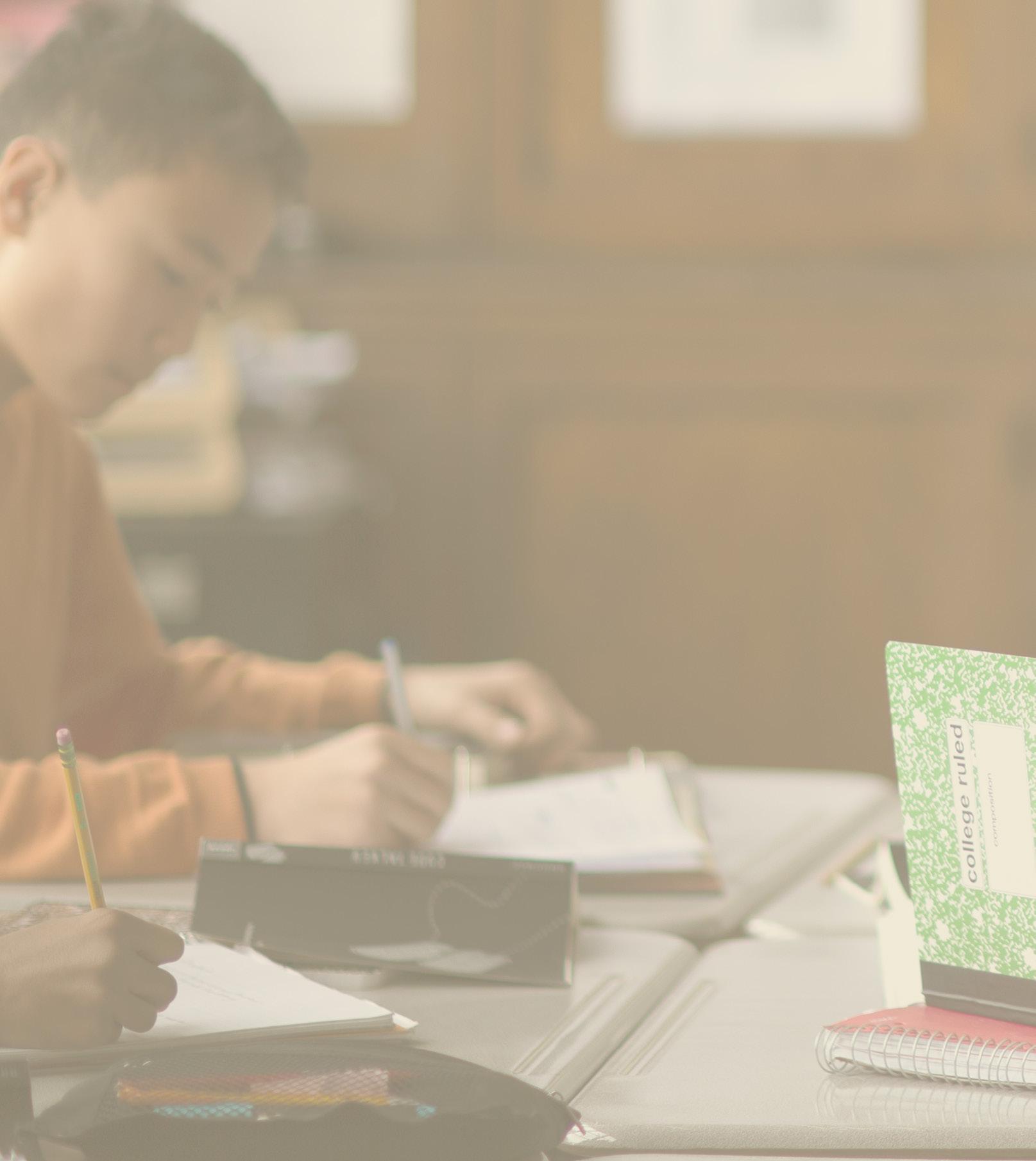
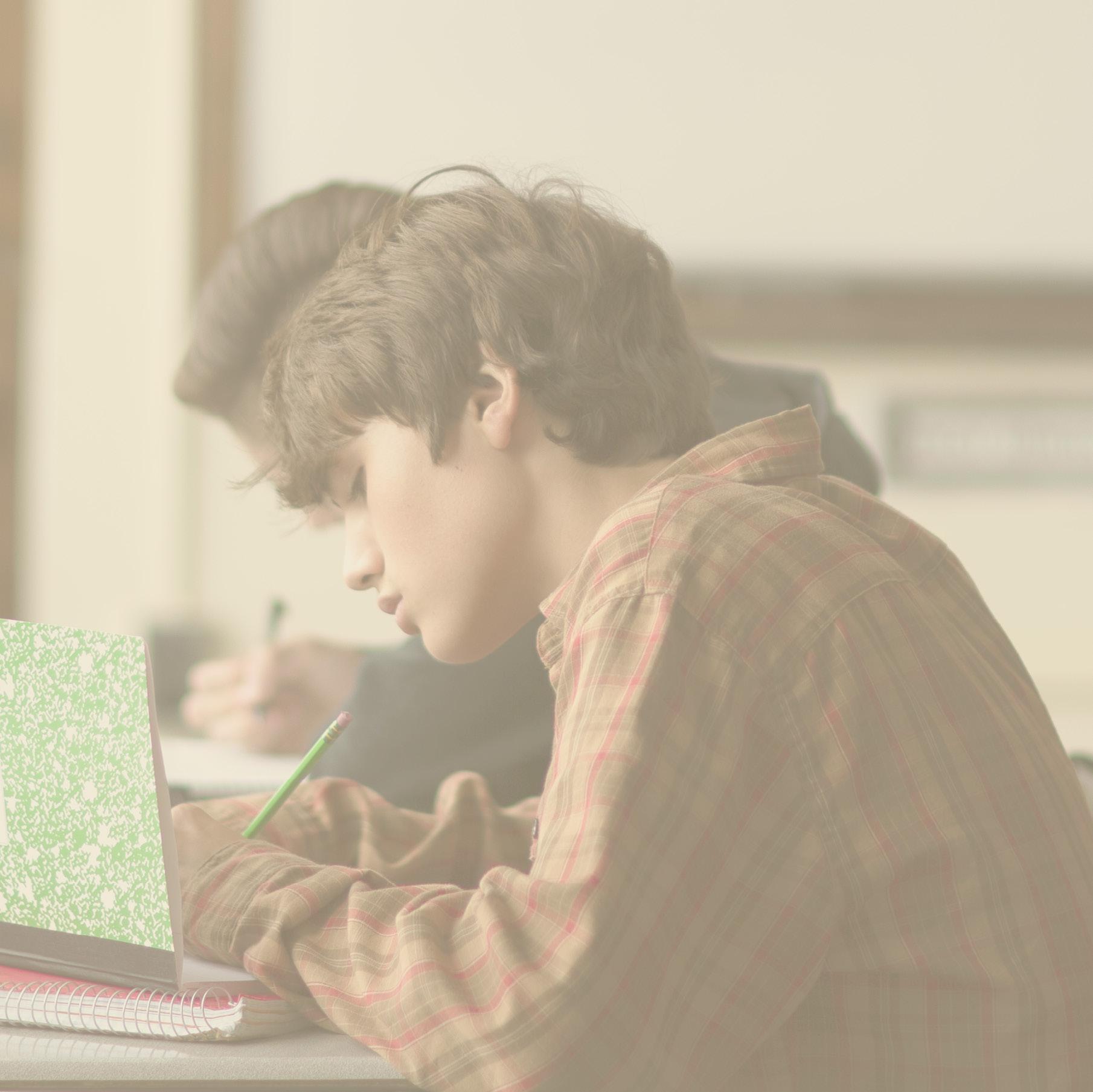




Research shows that when teachers teach with high-quality materials, students learn more.
In the English language arts classroom, the materials teachers use must build students’ knowledge so that they can build their literacy skills.
How do you know if you’re using the right materials to support a research-based approach to literacy development?

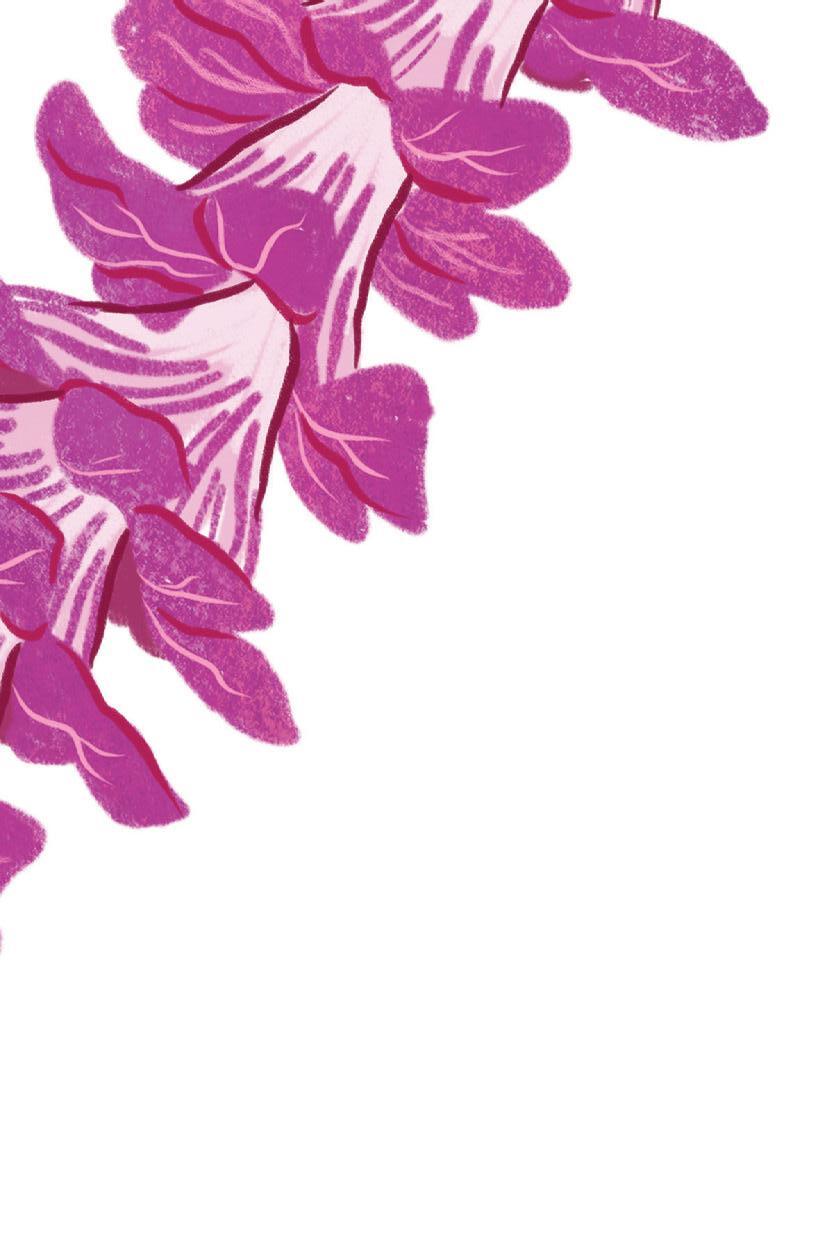
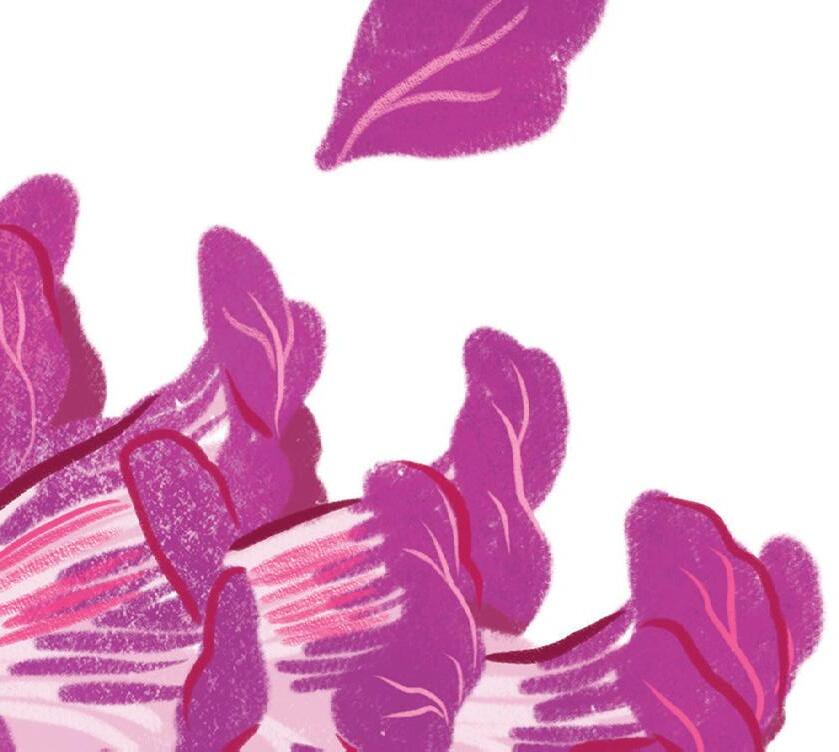
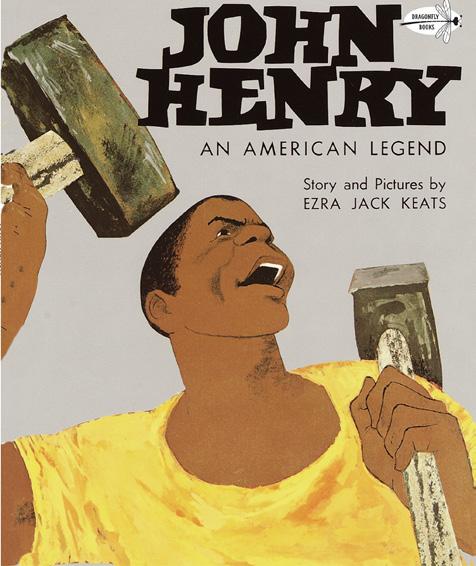
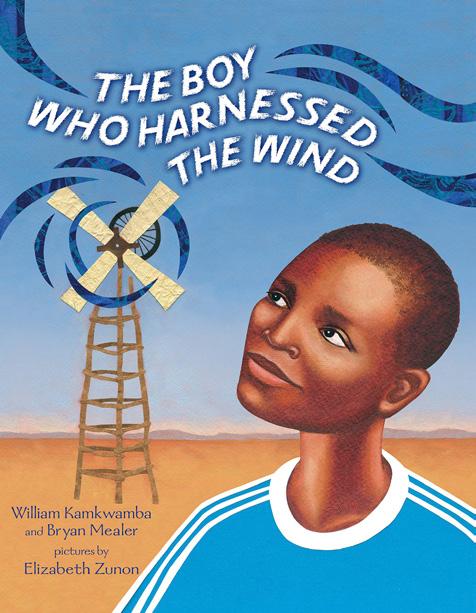

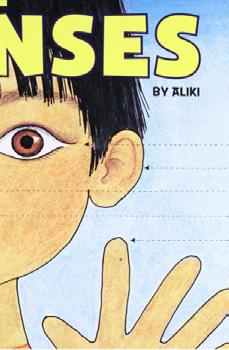
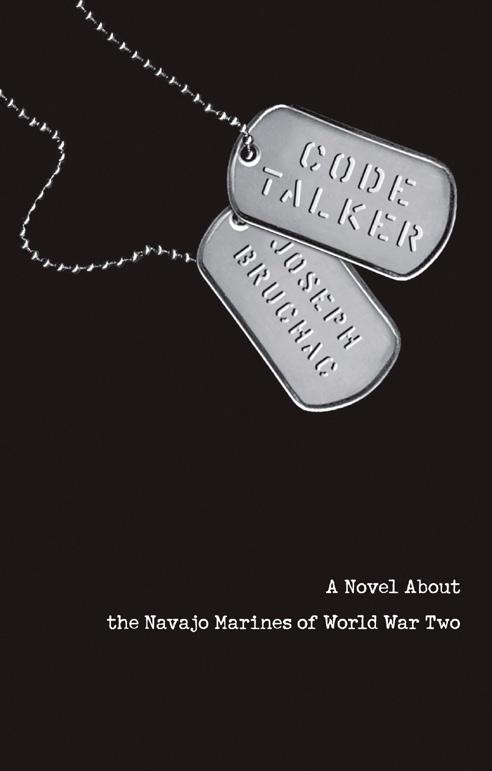

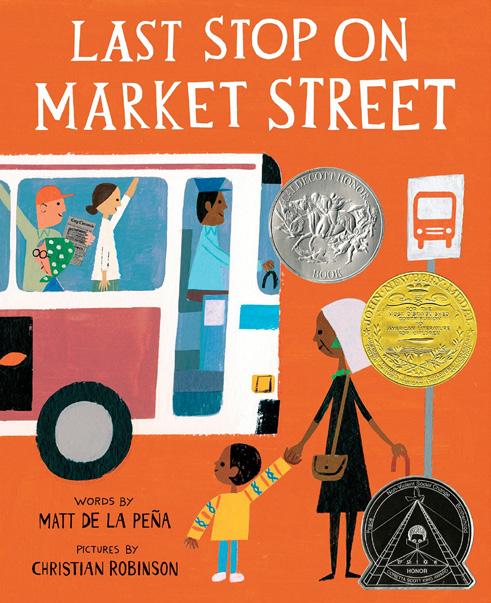
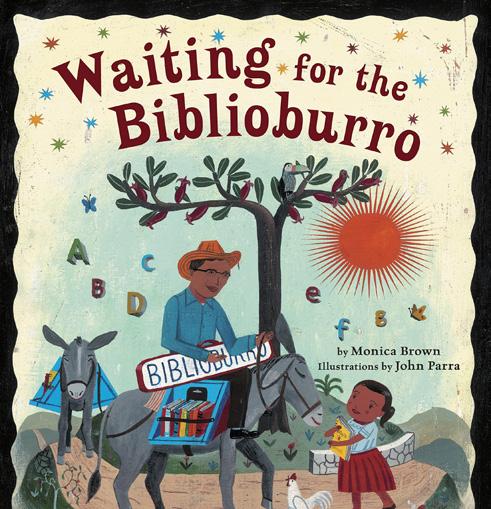


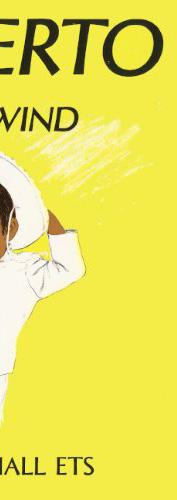
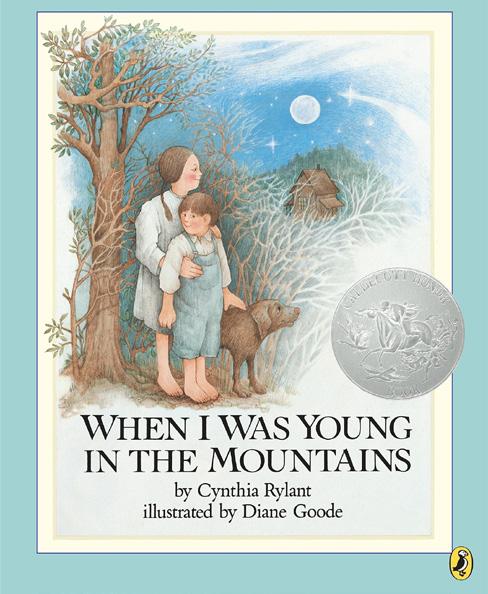
Does your curriculum focus on building deep knowledge over time?
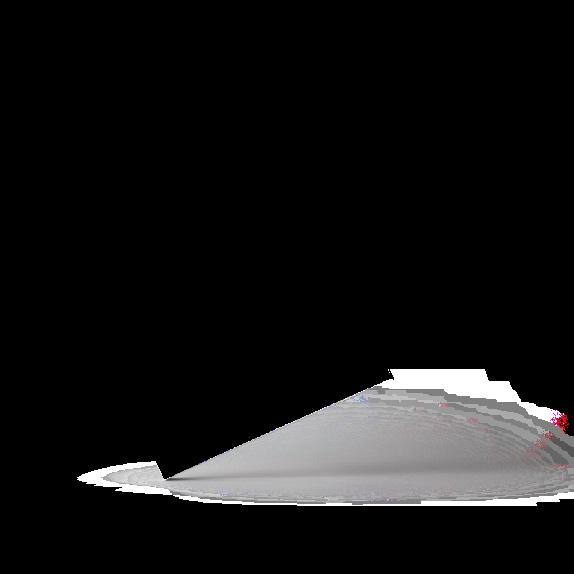


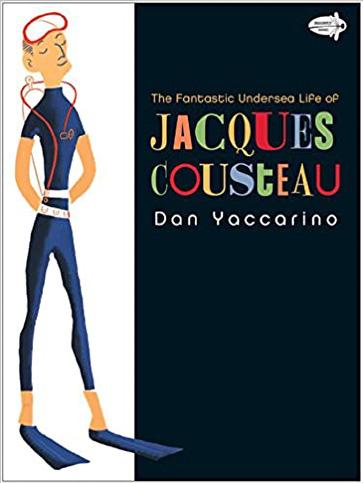
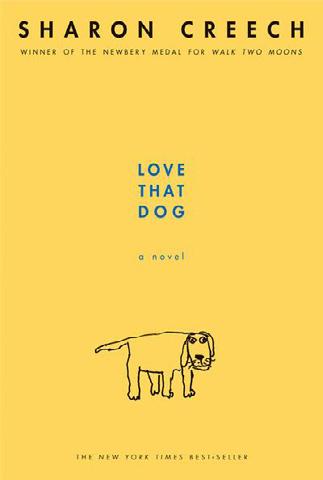
Students deepen their knowledge and vocabulary when they read and analyze different texts connected to a topic over the course of several weeks, not minutes. With a high-quality, research-based curriculum, students engage with coherent text sets that include literary, informational, and multimedia content. That content allows them to construct a well-rounded body of knowledge and vocabulary, empowering them to read deeply and engage in meaningful conversations about those texts.

Does your curriculum integrate both knowledge and skills building?
The information-rich texts that are helping students build knowledge will also help students master essential ELA skills. Ask a room full of students to write about their summer vacation and the results will vary widely. Some students may provide ample details while others may have no specifics to pull from because their time off was spent at home. But ask students to write about something they have shared knowledge in, such as a book they just finished reading about exploring the deep sea, and every student has an opportunity to provide evidence and information to demonstrate their writing skills.
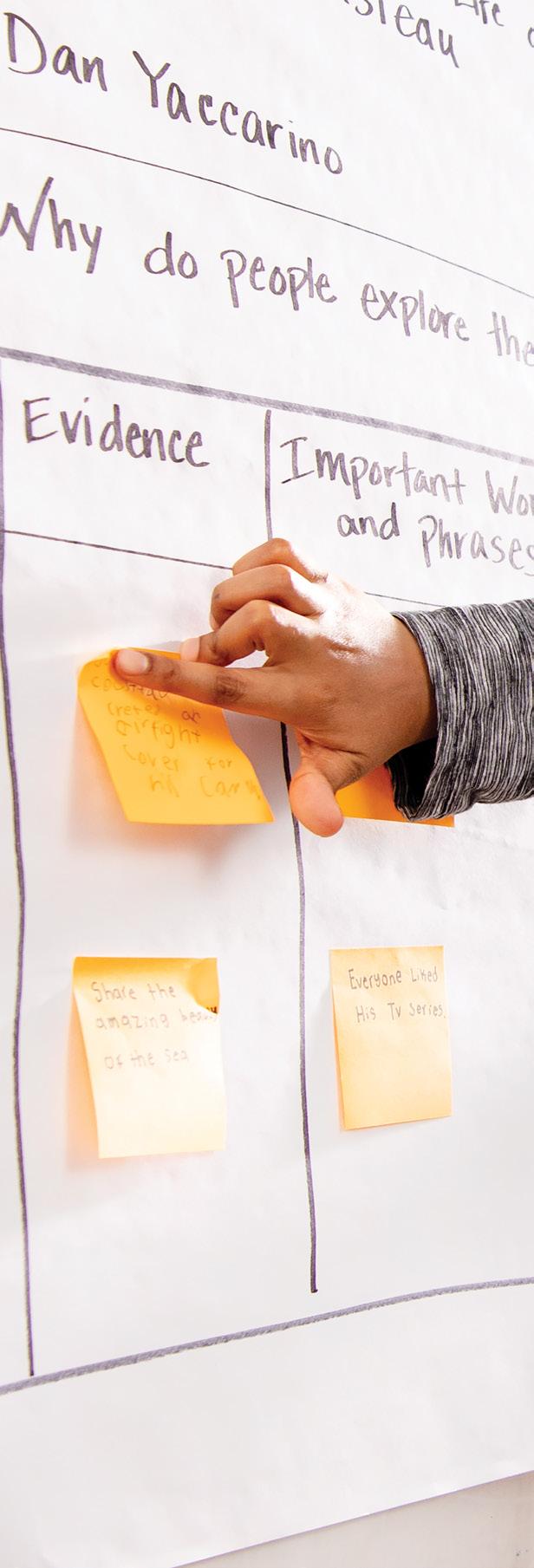
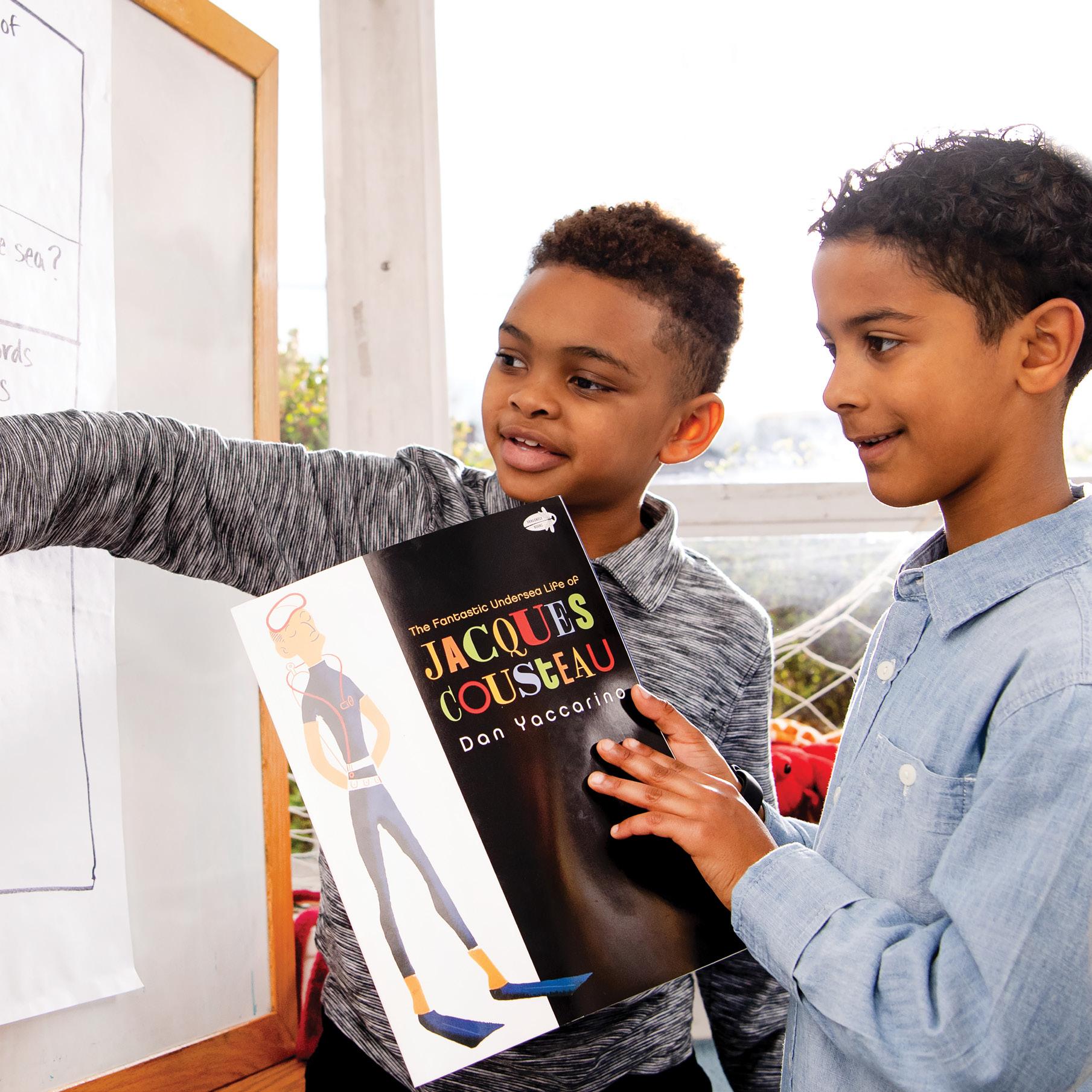
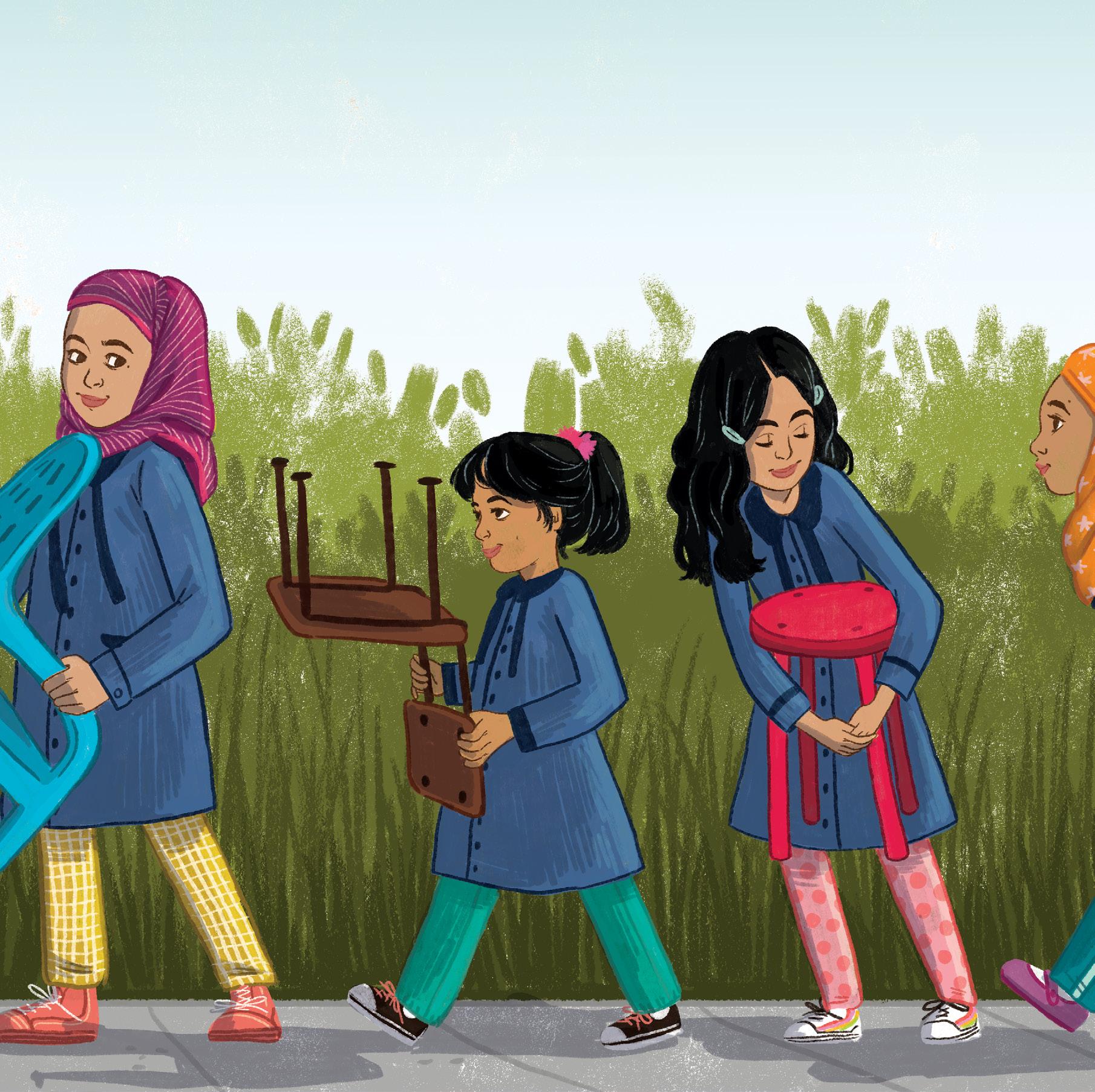
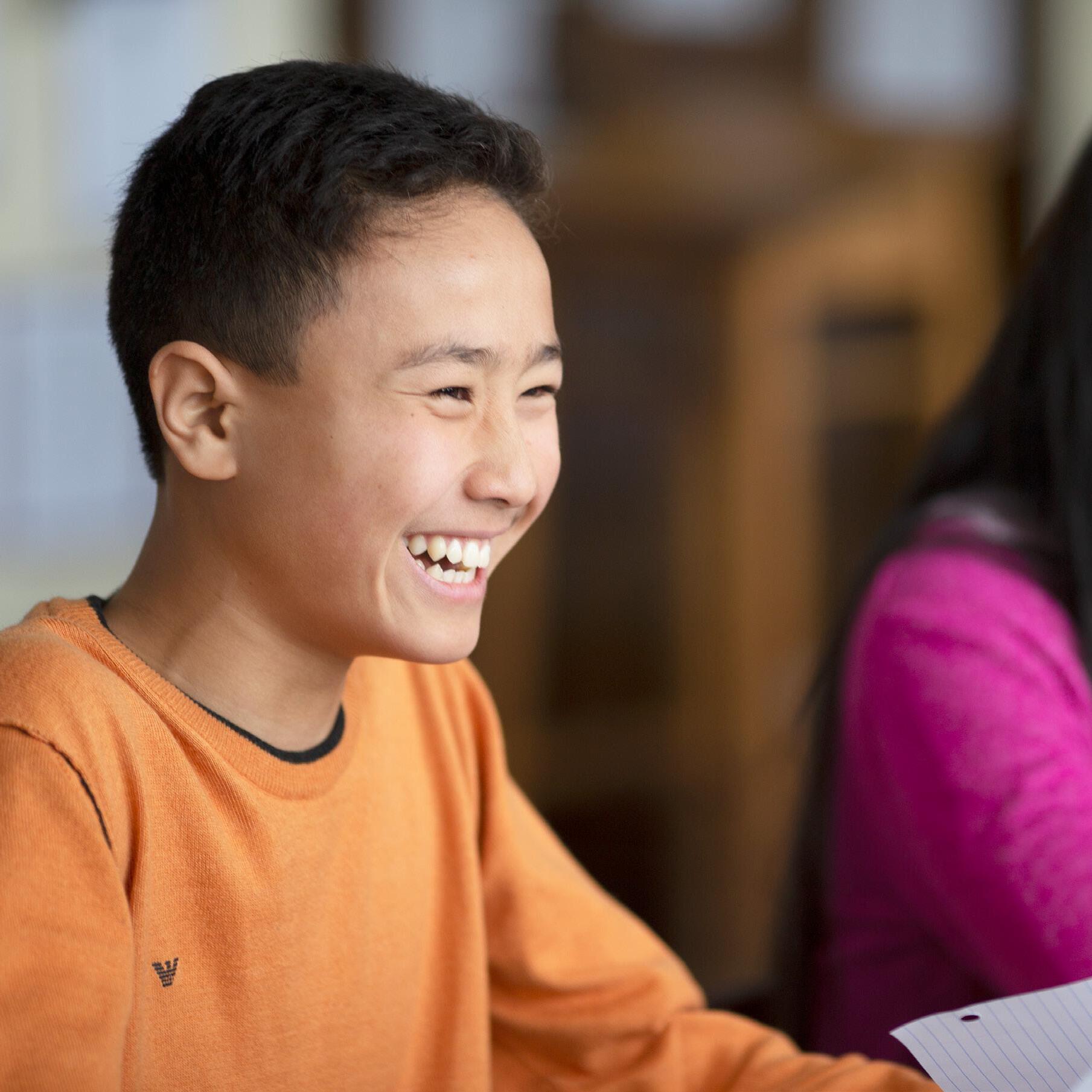
Imagine talking with a student whose face lights up when they have learned something new. The science of reading shows us that in a strong English language arts classroom—where students build knowledge, read complex texts, and write and talk about what they are learning—students develop the literacy skills they need to succeed in school and life.
Written by Mamie Goodson
Illustrations by Christopher Cyr
Illustrations by Alyssa Hallett
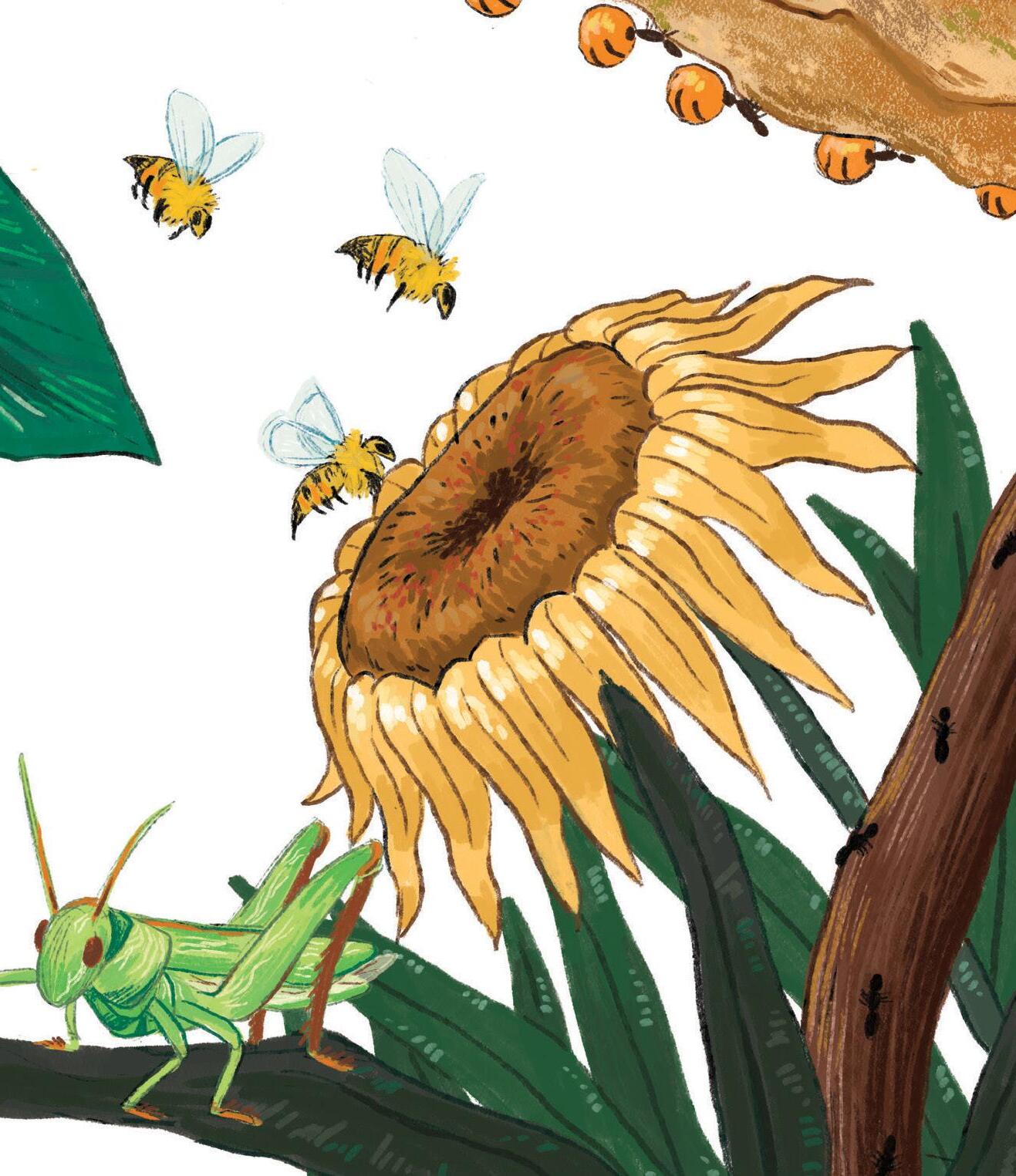

by
Marya MyersIllustrations by Neil Brigham
Illustrations by Madelyn Goodnight
Story by Michelle Palmieri
Illustrations by Madelyn Goodnight
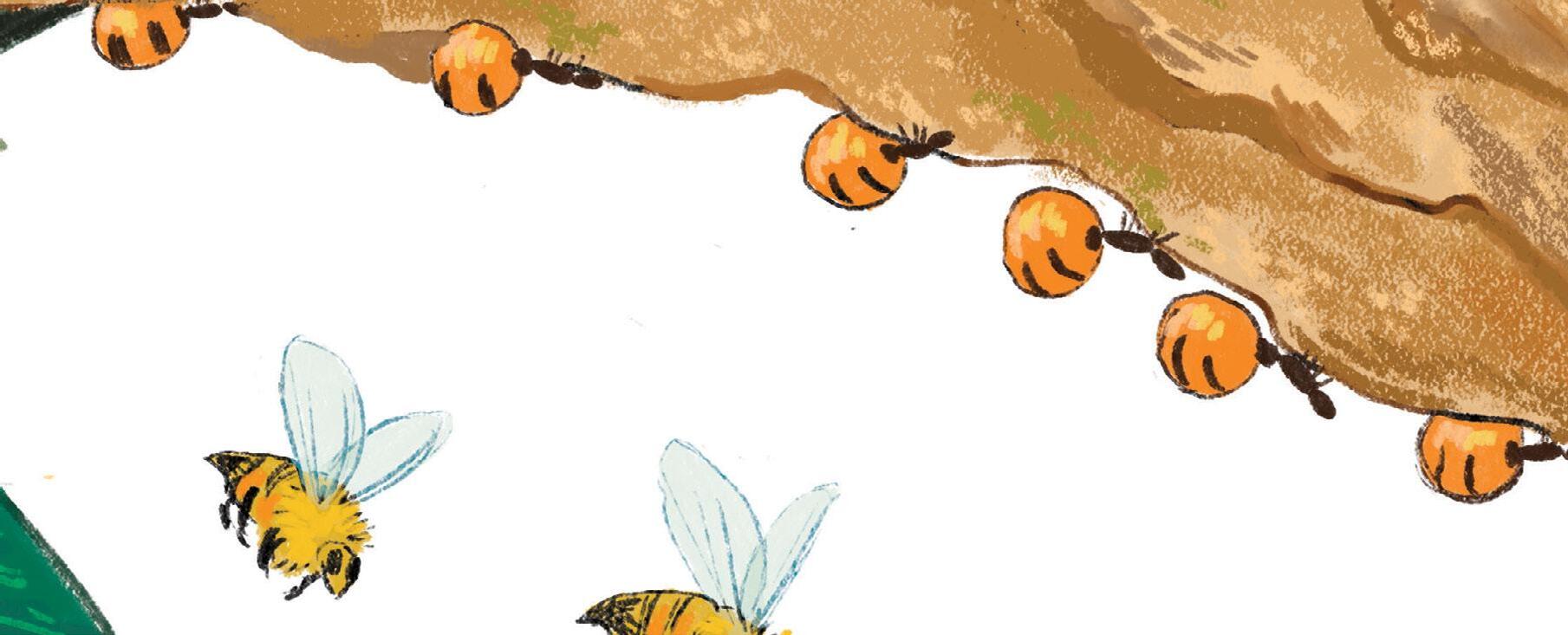
Written by
Chrystal D. GilesIllustrations by Madelyn Goodnight
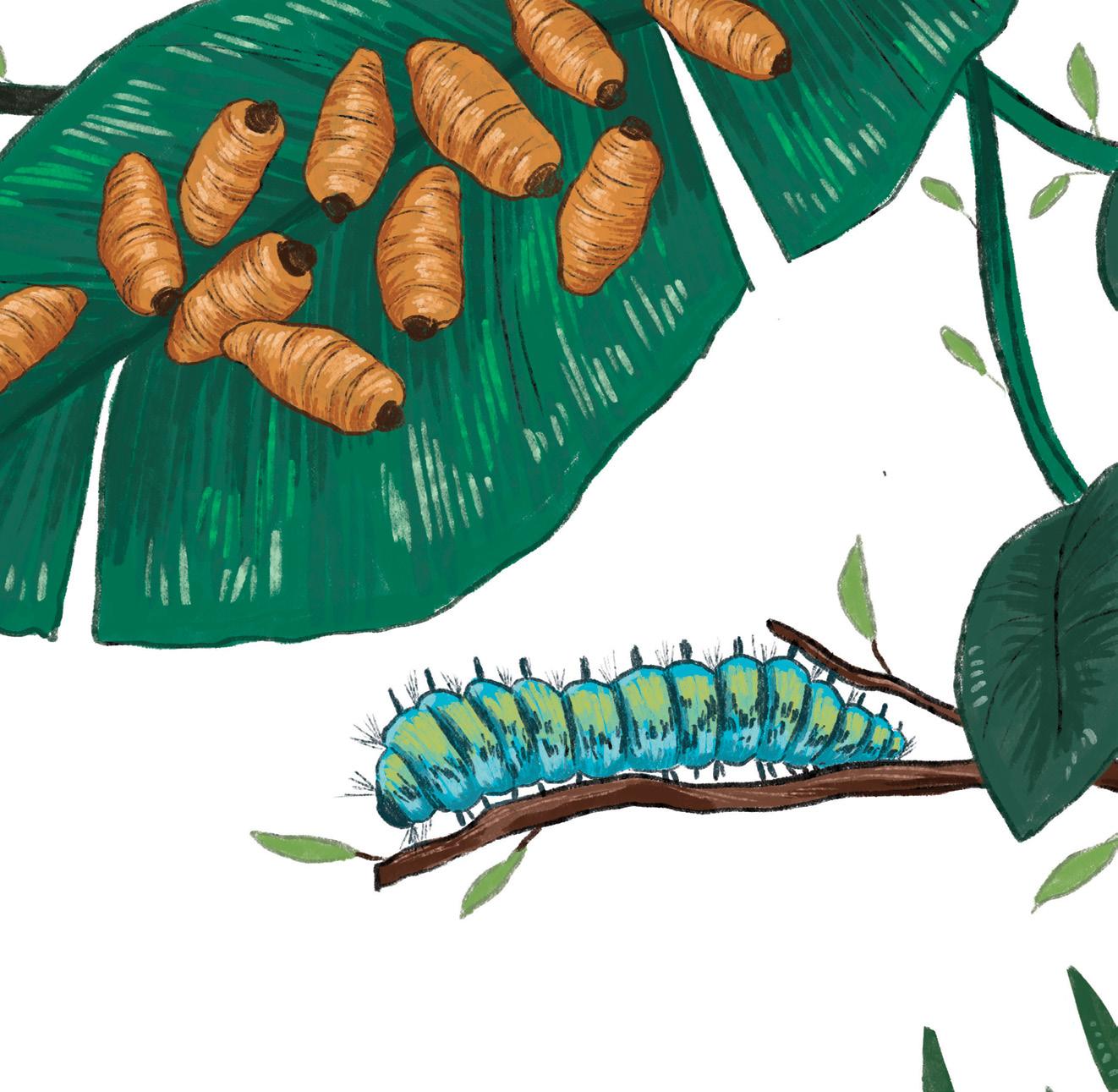
Resources to Explore:
Wit & Wisdom® Curriculum Overview for Families. https://greatminds.org/english/witwisdom/family-engagement.

Great Minds, “What is Knowledge Building?” https://greatminds.org/what-is-aknowledge-building-curriculum.
“Episode 10: Noticing the #KnowledgeGap with Natalie Wexler.” Melissa and Lori Love Literacy, 19 January, 2023, https://literacypodcast.com/ podcast?podcast=Buzzsprout-11829540.
“Episode 116: Sonia Cabell on the Importance Content-Rich ELA Instruction.”
Melissa and Lori Love Literacy, 27 April 2023, https://literacypodcast.com/ podcast?podcast=Buzzsprout-10605404.
“Episode 139: Knowledge and Comprehension with Daniel Willingham and Barbara Davidson.” Melissa and Lori Love Literacy, 12 January 2023. https://literacypodcast. com/podcast?podcast=Buzzsprout-11829534.
Read Further:

Korbey, Holly. “Is it Time to Drop ‘Finding the Main Idea’ and Teach Reading in a New Way?” Edutopia, 28 July 2020, https://www.edutopia.org/article/it-time-drop-findingmain-idea-and-teach-reading-new-way. Accessed 20 July 2021.
Wexler, Natalie. “What an Elementary Curriculum Should Do.” American Educator, Summer 2020, https://www.aft.org/ae/summer2020/wexler.
Learn More About Great Minds:
Visit us online at greatminds.org/english
Explore the Aha! Blog at greatminds.org/english/blog/witwisdom
Find us on social: Twitter, Facebook, Instagram, LinkedIn
